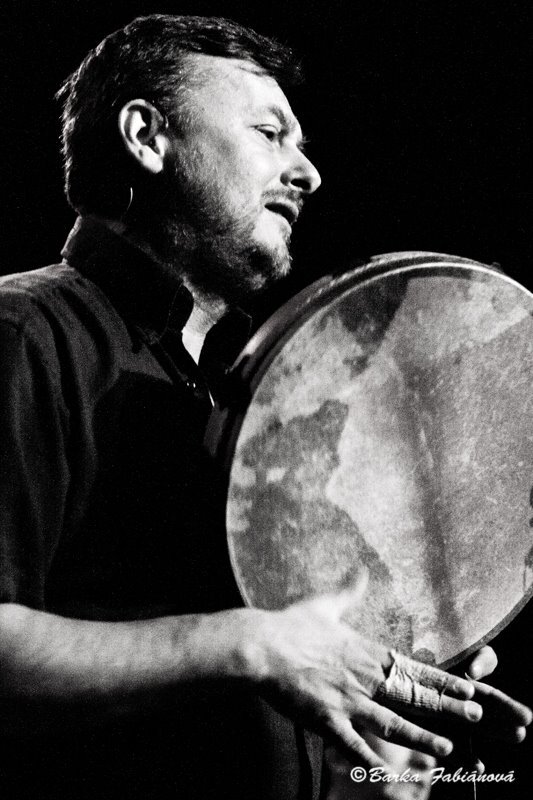“Occitan Music Revitalization as Radical Cultural Activism: From Postcolonial Regionalism to Altermondialisation”
Book chapter:
“Occitan Music Revitalization as Radical Cultural Activism: From Postcolonial Regionalism to Altermondialisation.” Popular Music and the Postcolonial, Routledge 2018. 61-74.
Abstract:
The resurgence of Occitan popular music traditions in France is coterminous with the emergence of postcolonial regionalism during the 1970s Larzac protests, following the wave of decolonization in the 1960s and anticipating the anti-globalization movement in subsequent decades. Situated within this continuum of postcolonial and transnational cultural activism, Occitan music practitioners are uniquely positioned to embody a radically inclusive conception of Occitan identity by embracing the intercultural dimension of their Mediterranean musical heritage. Reconciling regional specificity and cultural hybridity can thus offer creative ways of resisting nationalist constructions of identity and neoliberal representations of global culture.






Edited Volume Overview:
Popular Music and the Postcolonial addresses the often-overlooked relationship between the fields of popular music and postcolonial studies, and it has implications for ethnomusicology, cultural and literary studies, history, sociology, and political economy. Popular music in its many forms exploded in popularity, following developments in sound technology and shifting population demographics, in the 1960s, the era of radical agitation against empires in the global south but also within the very heart of Europe. Popular music aided in fostering and documenting such resistance to violent oppression and in liberating the hearts and minds of the colonized. This collection offers a timely intervention in this field, showing popular music’s role in defining or undermining certain colonial and postcolonial nations, in expanding and complicating the domain of postcolonial theorists—including the "founder" of postcolonial studies Edward Said—and in decolonizing the ears of its diverse, sometimes antagonistic, audiences. This book was originally published as a special issue published in Popular Music and Society Volume 40, Issue 1 (2017) https://www.tandfonline.com/toc/rpms20/40/1
